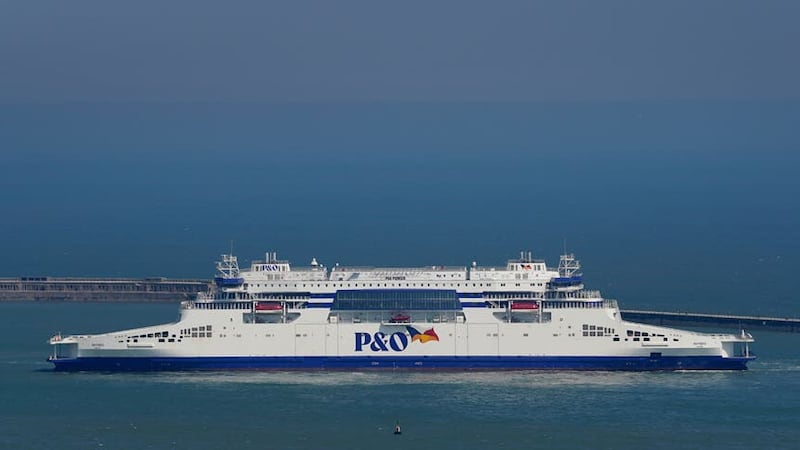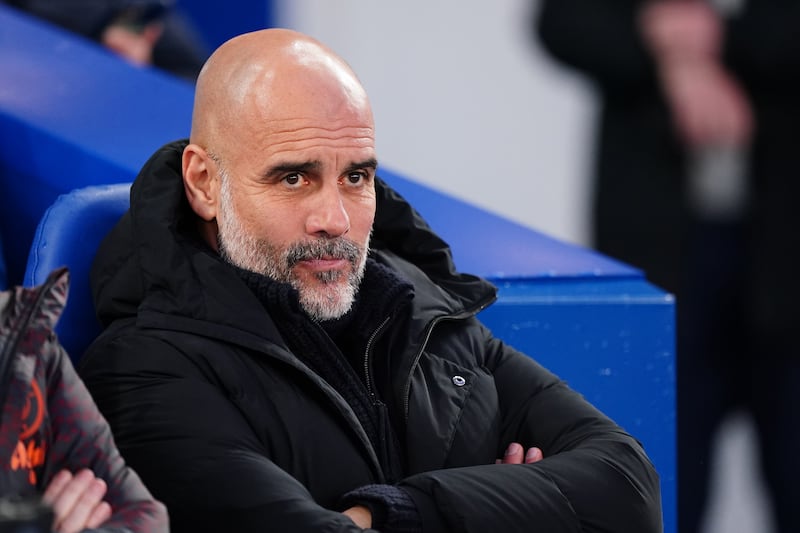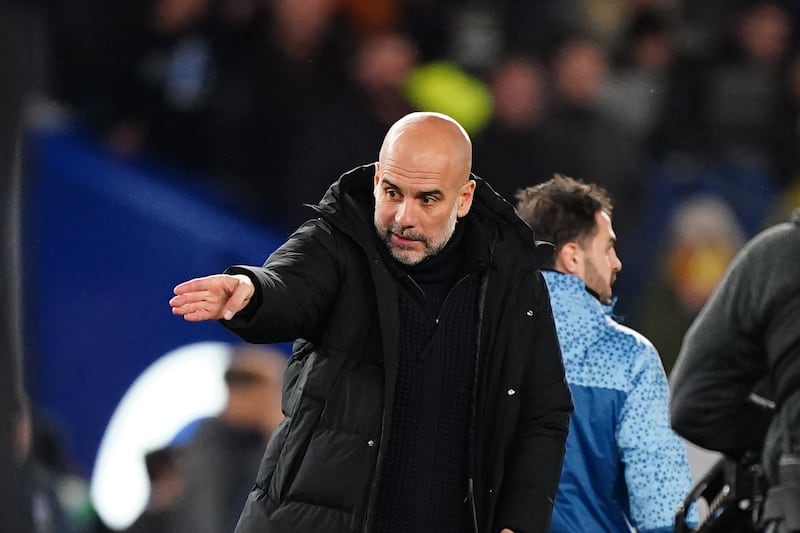The world’s largest hybrid and double-ended ferry has begun crossings in the English Channel in a new step towards greener travel at sea.
P&O’s Pioneer ferry entered service on June 19 for the Dover to Calais route, with company bosses estimating it will reduce carbon emissions by 40%.
The ship, which operates with diesel generators and electric battery power equivalent to 2.3 million AA batteries, has been in the pipeline since 2019, costing about £111 million.
A second hybrid ship named the Liberte is also set to come into service in November this year, costing the same multi-million sum.
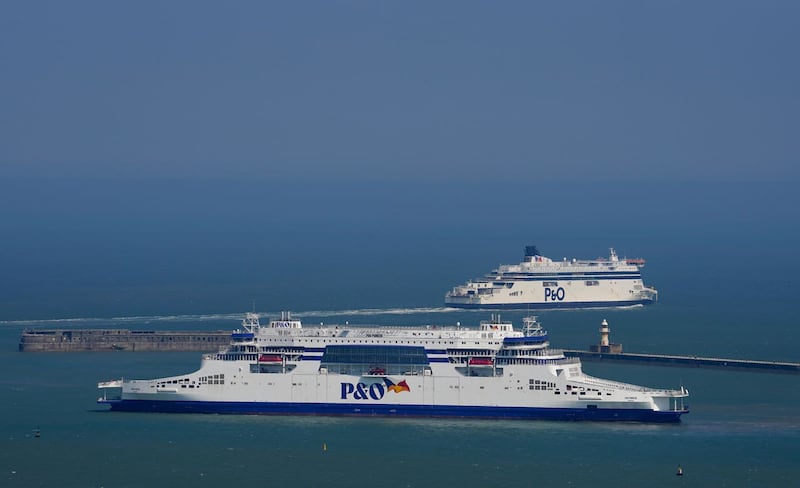
The Pioneer and Liberte, making up P&O’s new Fusion Class fleet, will operate alongside two older ships in the Spirit Class on the busy route connecting Britain with the continent.
There are no plans to build further hybrid ships, which due to rising costs would amount to £136 million to £145 million each, but P&O bosses instead hope to transform their hybrid models into a fully electric fleet when the infrastructure is ready at Dover and Calais ports.
P&O ship of the future director Ross Barrett said: “We are looking at how we could continue with the journey of making our fleet much more sustainable and technology is changing all the time with sustainability on ships.”
He said the company “would like to see” the infrastructure at ports in place before 2030 and that talks were ongoing.
He added: “We are taking a much-needed step in the maritime industry. We could have easily gone out and built another Spirit Class but it doesn’t deliver on what we want to do.”
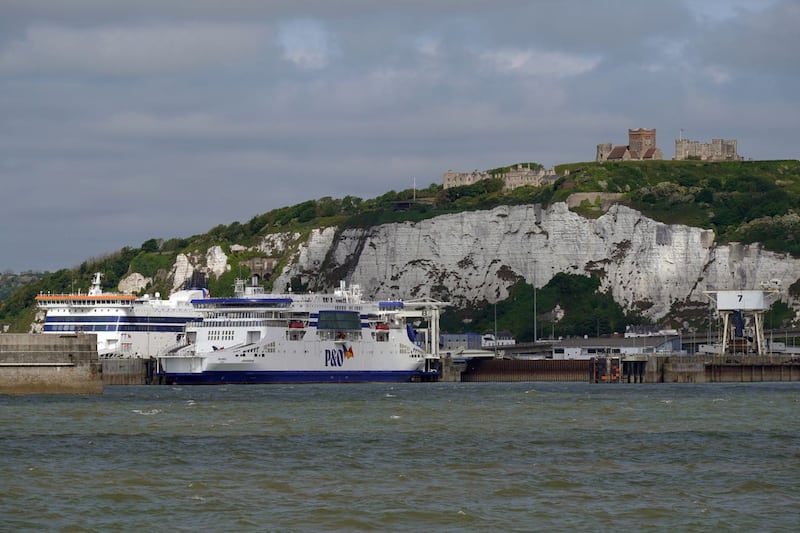
Speaking on the financial challenges the ferry company has faced, particularly over the pandemic, Mr Barrett said P&O had to keep the hybrid project going to avoid becoming a “shrinking business” with increasingly old ships expensive to maintain.
“We had to keep the project alive because we wouldn’t be able to move the business forward with some of the other challenges through Covid itself.”
The ferry boss added the company is now bouncing back to pre-Covid levels of its market share at 43% on the Dover to Calais route.
